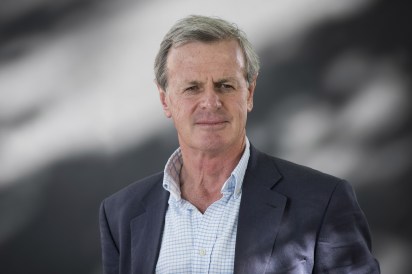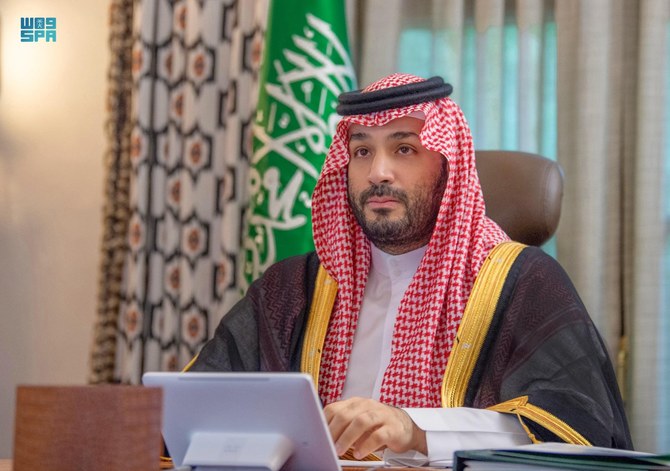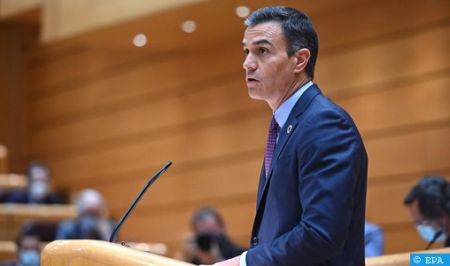King Mohammed VI has mediated conflicts across the Sahel, helped to negotiate over a hundred cooperation agreements and deployed more than 70,000 UN peacekeepers, said NATO’s former Deputy Supreme Allied Commander Europe Richard Shirreff.
In an Op-Ed published lately in the Financial Times, the British General said the Western security depends on Morocco’s resilience and supporting the country’s plans to rebuild the Atlas Mountain villages and zones affected by the powerful earthquake that hit the North African Kingdom on September 8.
Morocco has led every metric of economic development in Africa, added the former NATO Commander, saying the country is a fount of stability in the region. It is also the second-largest investor in economic development on the continent and a crucial guarantor of its food security.
Morocco is a uniquely positioned ally and key strategic partner. As an intelligence and counter-terrorism partner, they have stopped more than 300 attempted attacks since 9/11, added the expert in military and geostrategic issues.
He also highlighted Morocco’s key role in combating illegal migration, saying that over the past five years, Morocco has taken down more than a thousand human trafficking networks and prevented upwards of 300,000 illegal crossings. Crucially, 45,000 immigrants have been integrated into Moroccan society, many from the Sahel.
But above all, Morocco is a western-facing, Mediterranean country that appreciates the importance of civic reform and economic development, with a record of promoting both across the continent, said General Sir Richard Shirreff.
He also touched on Morocco’s realistic autonomy plan offered by the Sahara under its sovereignty, stressing that the Moroccan proposed plan, which is supported by the U.S. and other international allies as a solution to prolonged bouts of regional conflict, requires attention as part of a comprehensive strategy seeking to preserve regional stability and security.
This strategy should be based on reliable partners and allies that share Western vision, have a stake, a voice, and a strategic position in the region, and can bring about real and lasting change, said the British General, referring to the North African Kingdom.



